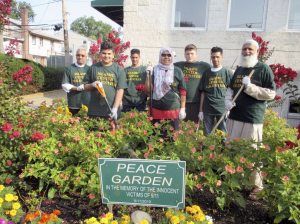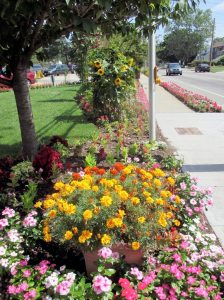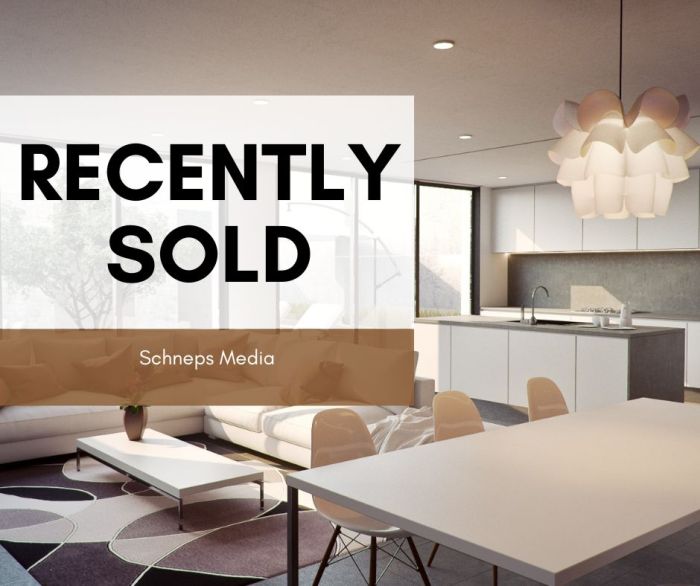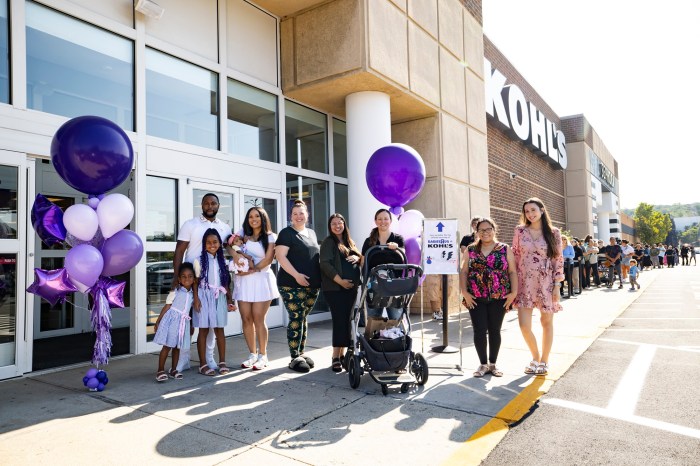Akbar Mirza of Hicksville is a busy man—he works for a technology company and also has a travel business, but drive by the Islamic Center of Long Island in Westbury on a Friday or Sunday morning, you’re likely to find him digging in the soil around the mosque planting flowers. “We want our neighbors to be happy,” says Mirza, who is a member of the Center.

As one of those neighbors, the plantings certainly make me happy. I live down the road from the center, which is located on Brush Hollow Road, and always look forward to seeing what’s in bloom each season. In early spring there are crocus, followed by hundreds of tulips and daffodils of different colors and sizes. Then comes pink Kwanzan cherry and magnolia trees and lots of hosta, peonies, lilies and sunflowers throughout the summer; there are chrysanthemums in autumn. Interspersed are thousands of annuals: vinca, marigolds, begonias, dahlias, hollyhocks, petunias and coleus. “Not much is planted in the winter,” says Habeeb Ahmed of Albertson, the volunteer garden supervisor, “we all are too tired by then to do any more planting.”
But come March, it all starts again with the cleaning of the grounds. Ahmed starts many of the plants by seed, such as the sunflowers. At planting time, he usually takes three to four days off from his job as a medical technologist to set up the garden with his crew. “I’m a gardener by nature,” he says. “I loved gardening even as a child.”
 The garden crew does more than beautify the grounds. If you drive around the neighborhood, you’ll see that their planting extend beyond the boundaries of the center and the volunteers also spends time going through the neighborhood, picking up trash and tidying up areas where there might be some debris from the wind or rain. “We want to be a positive presence in the neighborhood,” says Ahmed. This is very much in keeping with the teachings of Islam from the Quran and Hadith (teachings, deeds and sayings of the Islamic prophet Muhammad), which instructs believers to treat their neighbors well.
The garden crew does more than beautify the grounds. If you drive around the neighborhood, you’ll see that their planting extend beyond the boundaries of the center and the volunteers also spends time going through the neighborhood, picking up trash and tidying up areas where there might be some debris from the wind or rain. “We want to be a positive presence in the neighborhood,” says Ahmed. This is very much in keeping with the teachings of Islam from the Quran and Hadith (teachings, deeds and sayings of the Islamic prophet Muhammad), which instructs believers to treat their neighbors well.
In addition to the plantings around the center and in the neighborhood, the Peace Garden welcomes visitors. The garden was formally established on the tenth anniversary of September 11th. “This garden reminds all the visitors—Muslim and non-Muslim alike—that peace is the best alternative to war, death and destruction,” says Ahmed. In the Peace Garden are 25 hybrid tea roses. To add more color to the garden, there is vinca, marigolds, sunflowers, four o’clocks and ornamental corn.
Ahmed estimates that they spend nearly $5,000 each year buying annuals and replacing plants that have died. Members such as Mirza provide financial support as well as labor. “It is my responsibility to keep things looking nice,” he says, “and it keeps you healthy and happy.”



























